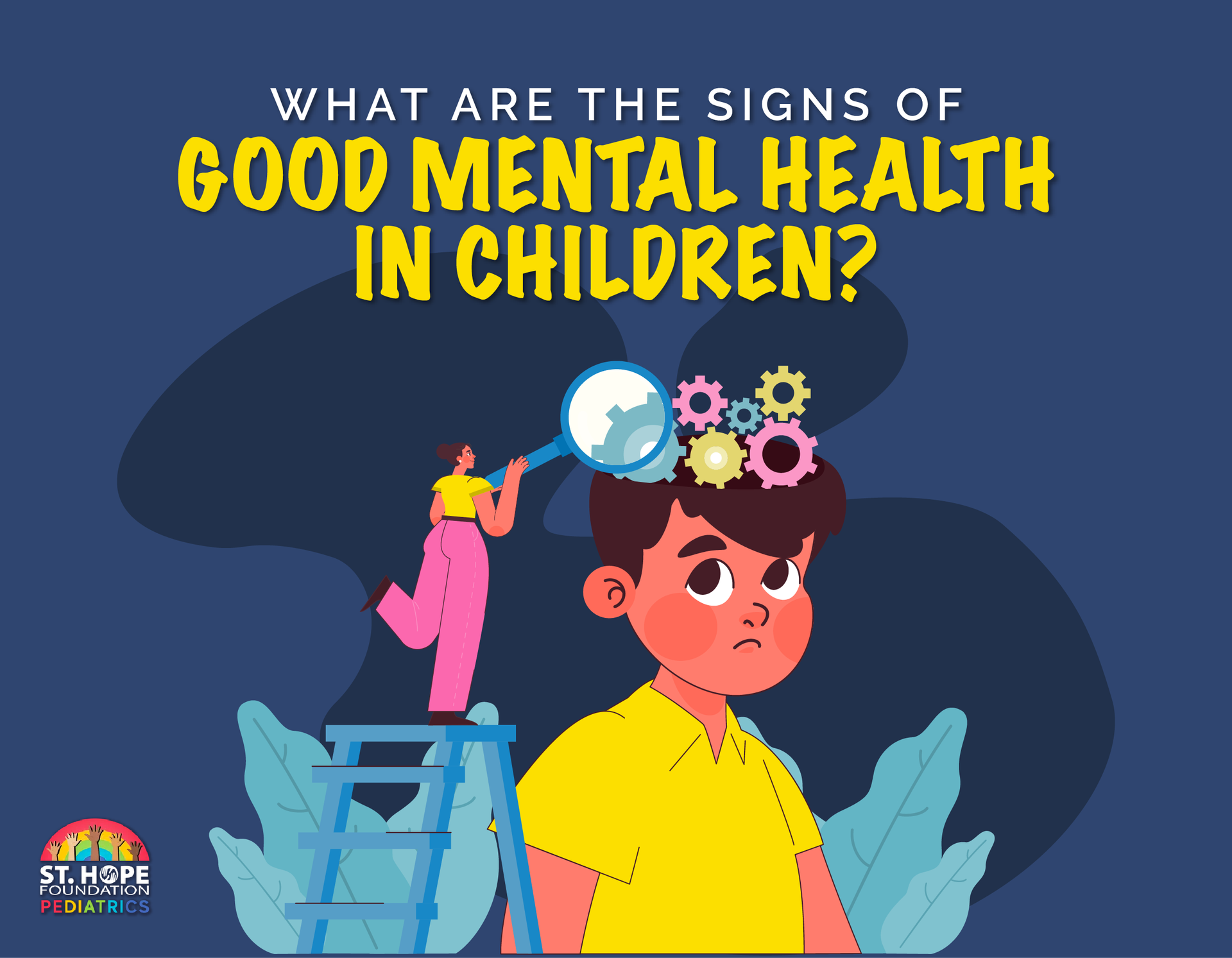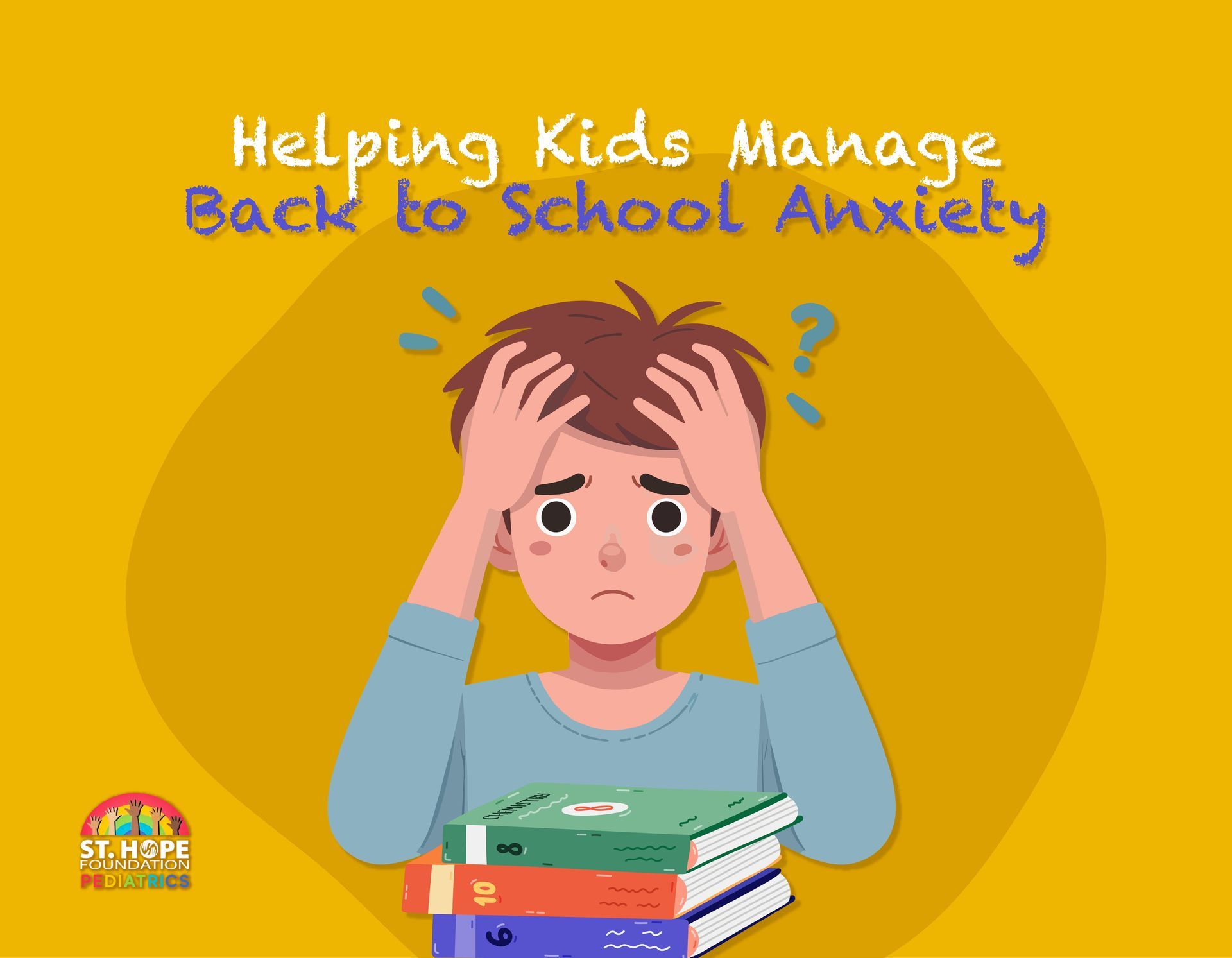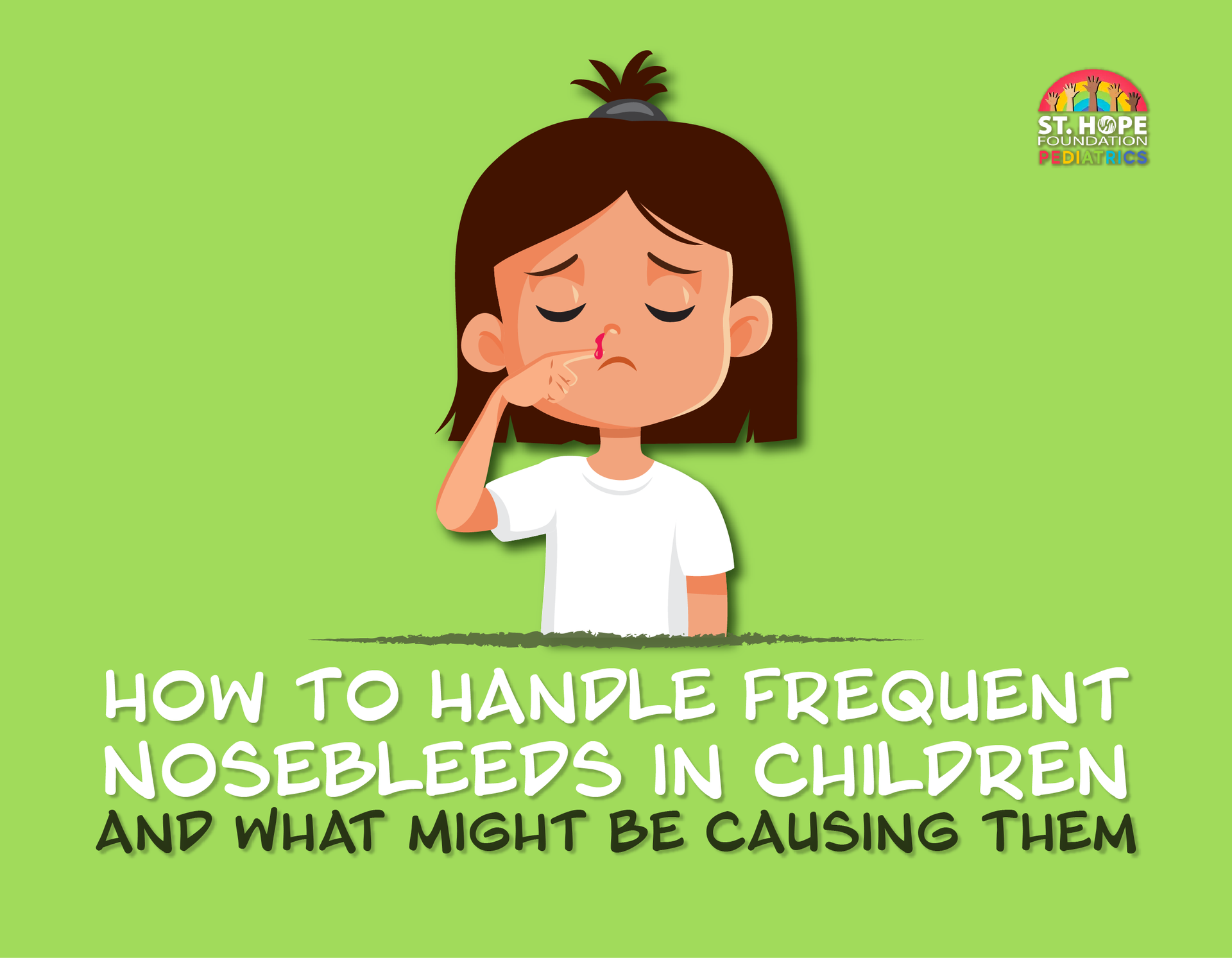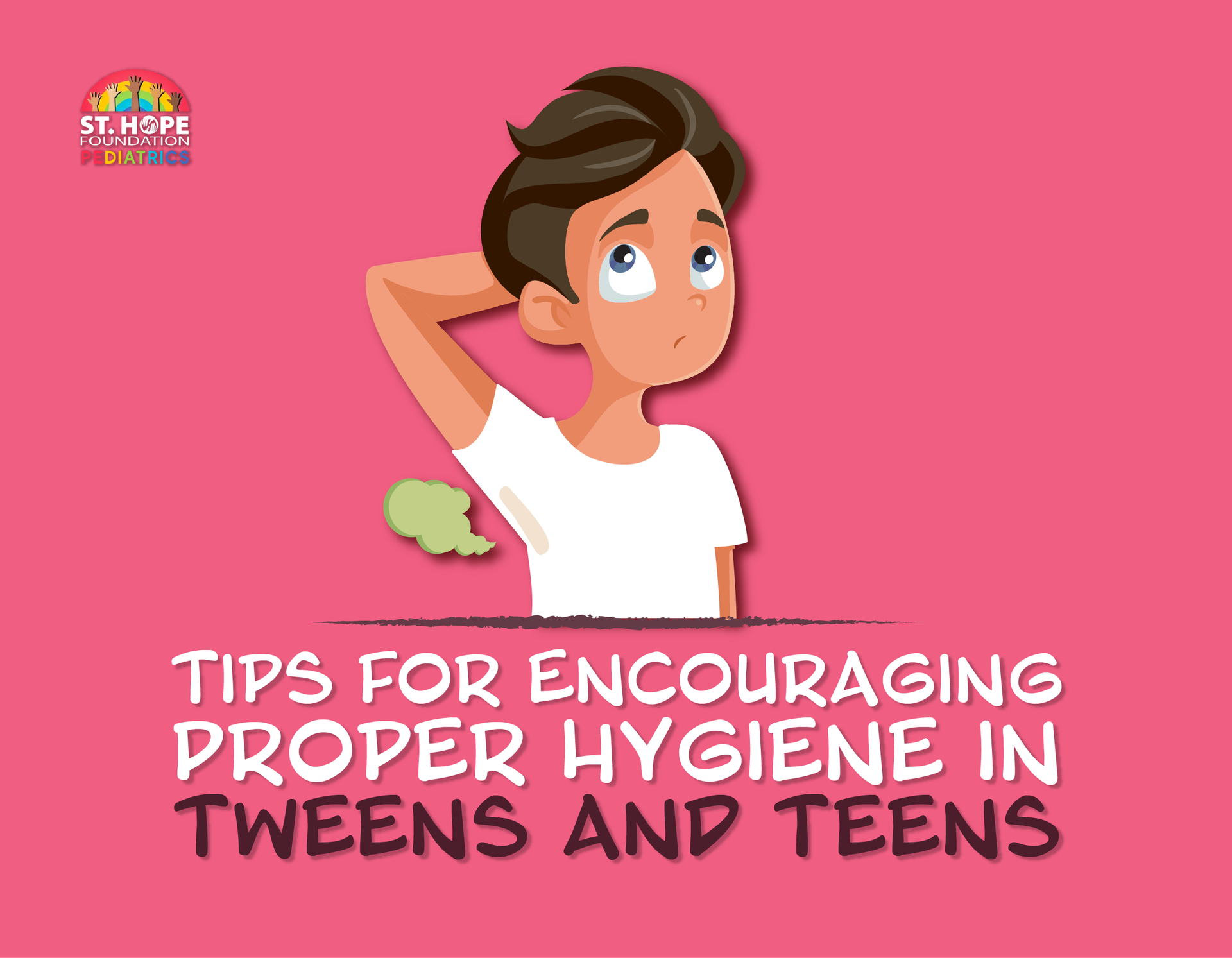
As parents and caregivers, we are often tuned in to our children’s physical health, making sure they eat well, get enough sleep and stay active. However, their mental health is just as important for their overall well-being and development.
What Are the Signs of Good Mental Health in Children?
Positive Relationships with Peers and Adults
Children with good mental health tend to form positive, healthy relationships with others. This includes their peers, teachers and family members. They enjoy interacting with others, demonstrate empathy and are generally able to resolve conflicts without excessive frustration or aggression.
Age-Appropriate Emotional Regulation
Being able to manage and express emotions in a healthy way is a sign of emotional well-being. A child with good mental health can typically control impulses and express their feelings appropriately for their age. While it’s natural for young children to have emotional outbursts occasionally, they should be able to recover and move on without too much difficulty.
Curiosity and Interest in Learning
Children who are mentally healthy are often curious and eager to learn new things. They are engaged in school and other activities, and they show a willingness to explore their surroundings. This desire to learn and grow is a reflection of self-confidence and a positive outlook on life.
Good Self-Esteem
A child with healthy self-esteem believes in their own abilities and feels comfortable with who they are. They may not always be confident in every situation, but they have a general sense of self-worth. Children with good self-esteem are less likely to feel overly self-critical or insecure in social situations.
Adaptability to Change
Life is full of changes, whether it’s starting a new school year, welcoming a new sibling, or adjusting to a family move. Children who are mentally healthy are generally able to cope with changes and transitions. They may experience some anxiety, but they are able to adjust over time without becoming overly distressed.
A Balanced Play and Rest Routine
Play is an important part of childhood, and mentally healthy children enjoy both solitary and social play. They can balance active play with rest, ensuring they get adequate sleep. If your child can independently switch between structured activities and free play, this is a good indicator that they are managing their time and emotions well.
How Can I Support My Child’s Emotional Well-Being?
Encourage Open Communication
Let your child know that it’s okay to talk about their feelings, whether they’re happy, sad, angry or scared. Make sure they feel heard and validated when they share their thoughts with you. Regular, open conversations help children feel safe expressing themselves and build trust.
When your child shares something, listen attentively and avoid jumping to conclusions or offering solutions too quickly. Sometimes, children just need someone to listen and understand their feelings.
Model Healthy Emotional Behaviors
Children learn by observing the adults around them. When you manage stress, frustration or conflict in a healthy way, your child will learn to do the same. Show them how to stay calm in difficult situations, express feelings constructively and use problem-solving skills.
For example, if you’ve had a challenging day, you might say, “I had a stressful day, so I’m going to take a walk to help me relax.” This demonstrates how to cope with stress in a healthy manner.
Promote Healthy Boundaries
Children need to learn the importance of setting and respecting boundaries, both for themselves and others. Teach your child that it’s okay to say no if they feel uncomfortable or overwhelmed. Encourage them to speak up if they need help or support and reassure them that their feelings and needs matter.
Similarly, they should know the importance of respecting other people’s boundaries. This creates healthy, respectful relationships with peers and adults.
Encourage Problem-Solving and Resilience
One of the best ways to support your child’s mental health is by teaching them how to solve problems on their own. When faced with challenges, encourage them to think through possible solutions rather than immediately stepping in to fix things for them. Over time, this builds resilience and confidence in their ability to handle difficult situations.
Help them see challenges as learning opportunities. For example, if they didn’t do well on a test, discuss ways they could improve next time, rather than focusing solely on the outcome.
Foster a Strong Sense of Belonging
Children thrive when they feel connected to their family, community and culture. Help your child develop a strong sense of identity by spending quality time together, engaging in family traditions and participating in community activities.
Encourage Physical Activity and Proper Sleep
Physical health is closely linked to mental health. Be sure your child gets plenty of physical activity, which can help reduce stress, improve mood and enhance cognitive function. Urge them to participate in activities they enjoy, such as riding bikes, playing sports or dancing.
Equally important is making sure your child gets enough sleep. A lack of sleep can impact a child’s mood, behavior and ability to cope with stress. Establish a consistent bedtime routine to help them wind down and get restful sleep.
Seek Help for Your Child’s Mental Health Today in Houston, TX
Even with the best support, some children may struggle with their mental health. At St. Hope Pediatrics, we’re here to support your child’s mental and emotional well-being through our pediatric counseling services.
Contact us today on our website or give us a call at (713) 778-1300 to schedule your appointment.













